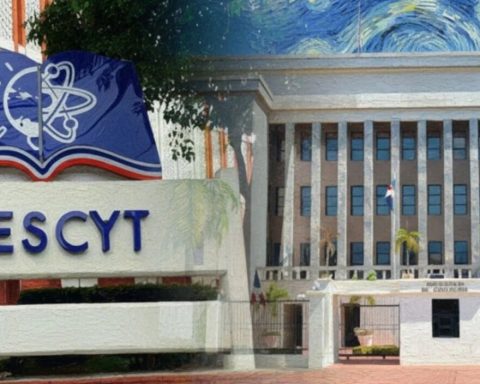The Covid-19 pandemic directly impacted several areas, accelerating the expansion of the sector technology worldwide. In line with this, the OECD predicts that by 2030, 80% of jobs will be linked to careers in science, technology, engineering and mathematics. This is good news considering that more than 26 million people in Latin America lost their jobs as a result of the pandemic, most of them women. On the other hand, according to the ILO (International Labor Organization), the area of science and technology is the one that generates the most opportunities.
However, lack of education is preventing people from taking advantage one hundred percent these opportunities. A problem that is aggravated by the pandemic, since as a consequence of the social distancing measures to combat Covid-19, nearly 180 million children and young people will have notable losses in school learning that will make it difficult for them to enter the labor market. in the future, according to Unicef. Gender inequality is also a concern, as women are underrepresented in areas known as “works of the future”. Currently, only 14% of opportunities in internet services are occupied by women and 20% are engineers.
It has never been necessary to invest so much in technology and education as now, because despite the fact that the area is expanding in Latin America, 48% of job vacancies cannot be filled due to a lack of qualified professionals. Considering this scenario, Oracle created ONE (Oracle Next Education), a free technology program for training people, which aims to reduce the lack of qualified professionals in technology, so that they can overcome unemployment in the future, contributing to the sector .
“At Oracle we are committed to reducing digital inequality in Latin America, both to democratize access to technology and to provide education and, consequently, employment opportunities,” said Luiz Meisler, Executive Vice President of Oracle Latam.
Through this initiative, especially for people over 18 years of age without options to access higher education, there will be more than 20,000 junior programmers in Latin America by the end of 2022, ready to apply for job opportunities that partner companies can offer. from ONE and others on the market. “It is a great opportunity for people who, due to their socioeconomic situation, need to seek free training and be able to access employment quickly in an area that is expanding worldwide and that needs qualified professionals. We still have a lot to achieve for a more inclusive society, but this is a first step for many who are passionate about science, technology and innovation, like us”, says Gabriel Vallejo, vice president of marketing for Oracle Latin America.
With 925.2 million inhabitants distributed in 35 countries, Latin America has great potential for the development of the labor force. Over the last five years, IT job opportunities in the region have grown about twice as fast as in the United States. It is estimated that in 2025 there will be a demand for 3.5 million professionals specialized in STEM (science, technology, engineering and mathematics, in English) for Latin America, mainly in Mexico, Rio de Janeiro, Bogotá, Santiago and São Paulo.
















